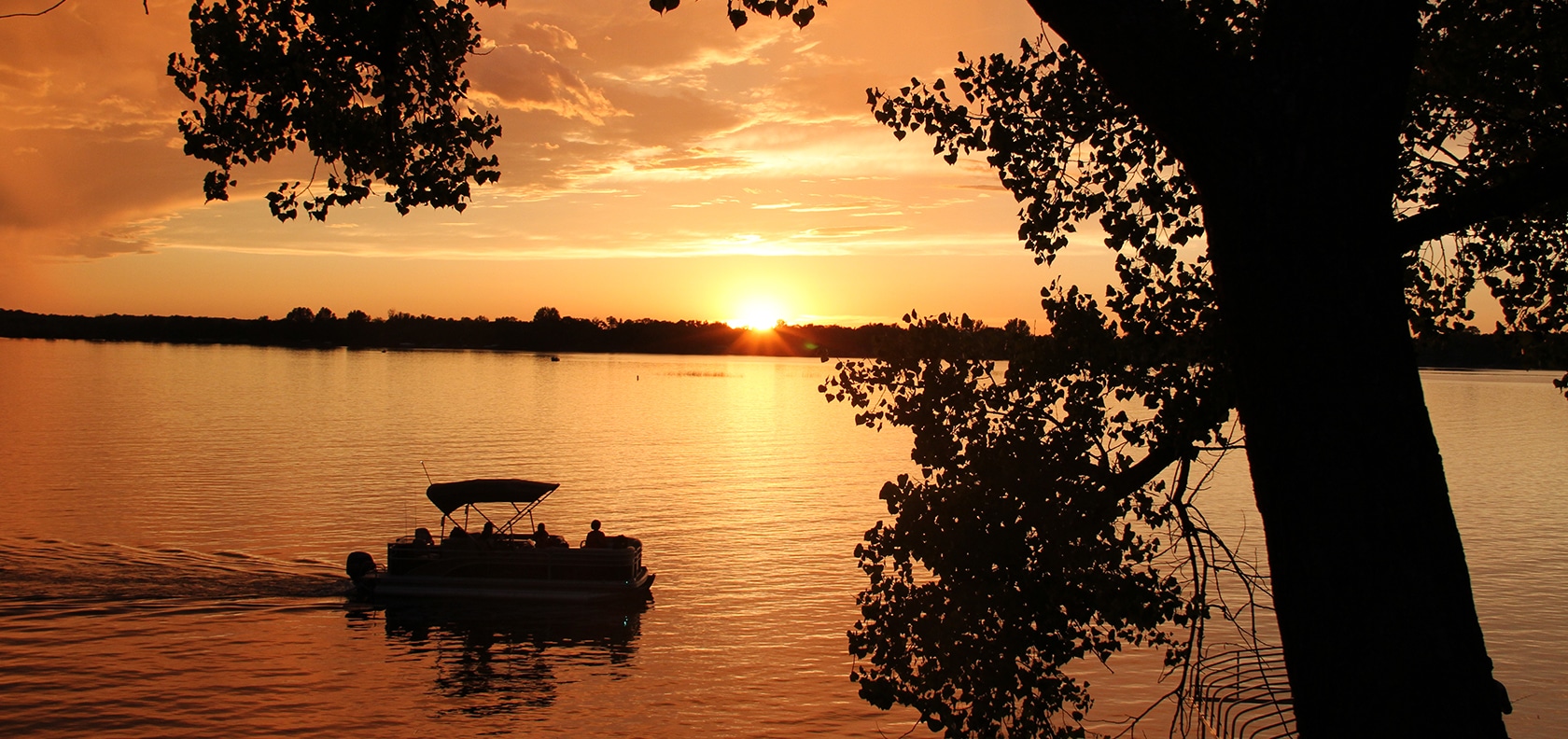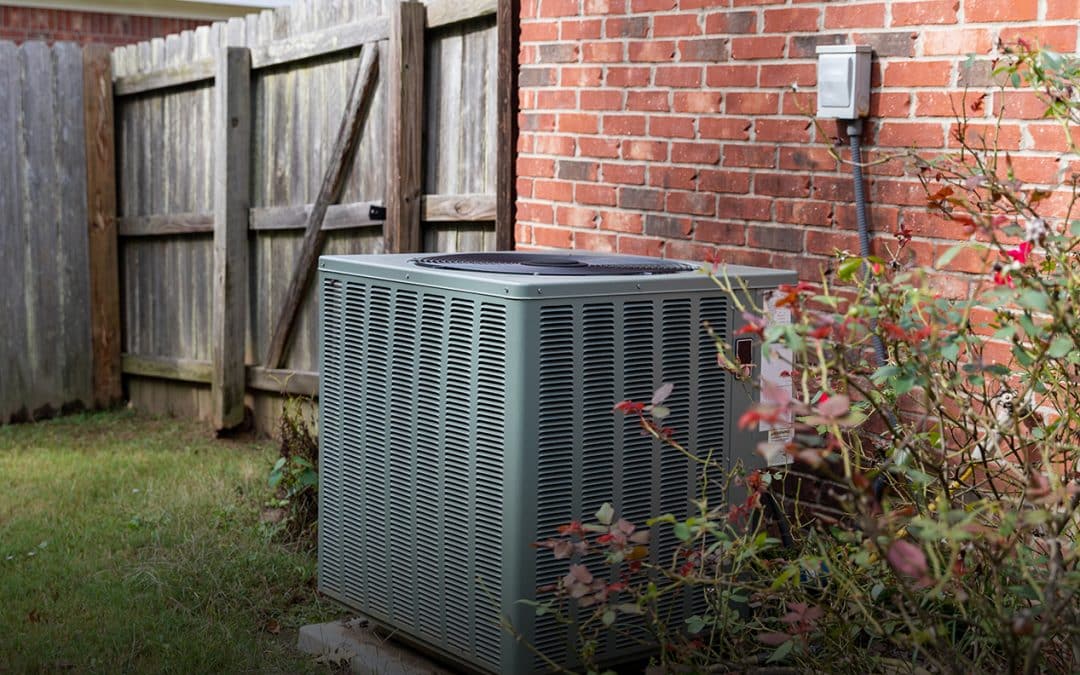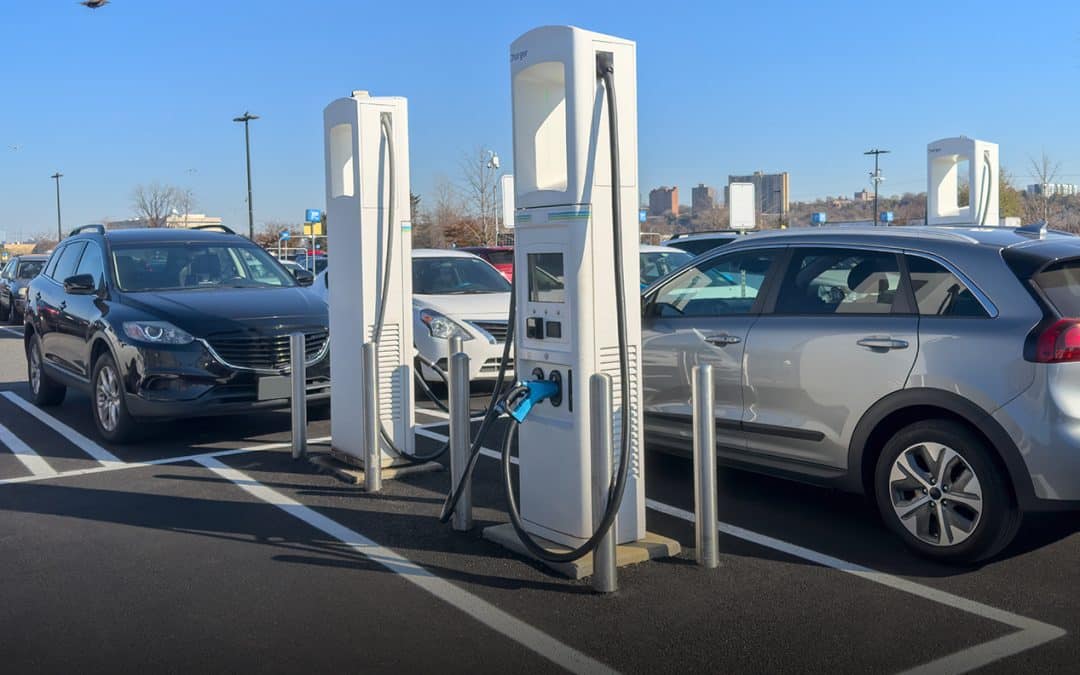In New England, peak boating season typically begins in April and lasts only a few months. But no matter the time of year, or where you live, safely operating a boat is essential.
When a storm is on the horizon, whether you’re on the ocean or a lake, boaters should monitor weather conditions and take extra safety precautions, such as checking your local news. Boaters should also check with the National Weather Service (NWS) for marine warnings, watches, and alerts.
Marine Warning: The NWS issues a Marine Warning when dangerous conditions are imminent or occurring. If you are at sea, immediately seek safety to protect yourself and your boat.
Marine Watch: A Marine Watch is issued by the NWS when conditions are favorable for a specific hazardous weather event. Start preparing before a warning is issued.
Regardless of whether a storm is on the horizon, boat owners should always have several safety items on board their vessels.
Life jackets
Whether you’re on a kayak or a larger cabin cruiser, boaters must have a U.S. Coast Guard-approved Type I, II, or III lifejacket (PFD) for every passenger onboard. Approved PFDs will have a label inside. Remember, a life jacket must not be either too big or too small.
Fire Extinguishers
Coast Guard-approved marine-type fire extinguishers are required to be kept on boats in the event of a fire from the engine or fuel system. According to the NOAA, boats less than 26 feet must carry at least one B-I Coast Guard-approved fire extinguisher. Boats 26-40 feet must carry either two B-I or one B-II Coast Guard-approved fire extinguisher(s). Boats 40-65 feet must have either three B-I or one B-II and one B-I Coast Guard approved extinguishers.
Cell phones, weather radios
Communication is essential when boating. Smartphone users can download the latest weather conditions 24 hours a day, seven days a week, on the NOAA Weather Radio All Hazards (NWR) website. Boaters are also urged to sign up for local weather alerts on their smartphones and download radar and lightning detection apps. Other communication options can be found on the NOAA website.
If you are out boating when severe weather hits, NOAA recommends the following:
- Get your boat out of the water immediately, if possible.
- If you can’t get out of the water, and your boat has an enclosed cabin, stay in the center of the cabin. If you don’t have a cabin, stay low.
- Keep arms and legs in the boat and do not dangle them in the water (water conducts electricity from lightning).
- Disconnect electronic equipment, including the radio, throughout the storm.
- Lower, remove, or tie down the radio antenna and other protruding devices if they are NOT part of a lightning protection system.
- If someone is struck by lightning, perform CPR immediately if needed (victims do not carry an electrical charge after being struck, so there is no danger in offering emergency aid).
- If a boat has been struck by lightning, or is suspected of having been struck, check the electrical system and the compasses to ensure there is no damage.
How boat insurance protects your boat or yacht
For New Englanders who use MAPFRE to insure their boat or yacht, packaged coverage is available to include hull and liability. MAPFRE covers just about all boats, subject to underwriting guidelines, with no minimum or maximum length, including open cockpits; cabin cruisers; sailboats; and inboard auxiliary powered sailboats.
MAPFRE also offers a variety of endorsements for commercial watercraft operations such as Helmsman, Shipmaster, and Longshoreman endorsements. We also offer Hurricane Loss Prevention, which is more applicable to casual boat owners.
With Hurricane Loss Prevention, if the NWS issues a hurricane watch or hurricane warning for the location of your watercraft, MAPFRE will pay one-half of the costs you reasonably incur (up to $500) to have your watercraft professionally hauled out of the water in advance of an anticipated storm and launched in the same area after the storm has ended.
To learn more about how you can get your boat or other watercraft insured with MAPFRE in Massachusetts, Rhode Island, Connecticut, Vermont, New Hampshire, or Maine, contact your independent agent today! And, if you need to insure your auto or home with MAPFRE, you can always get a fast, free quote or contact an independent agent in your state.



